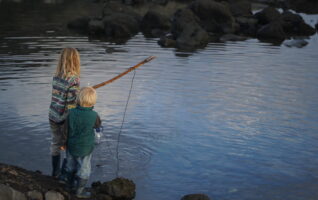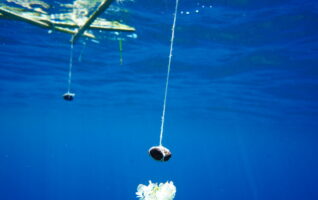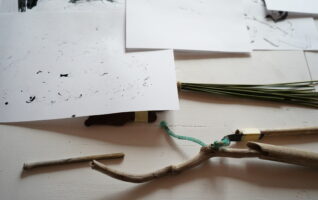Sensory epistemology, 2024
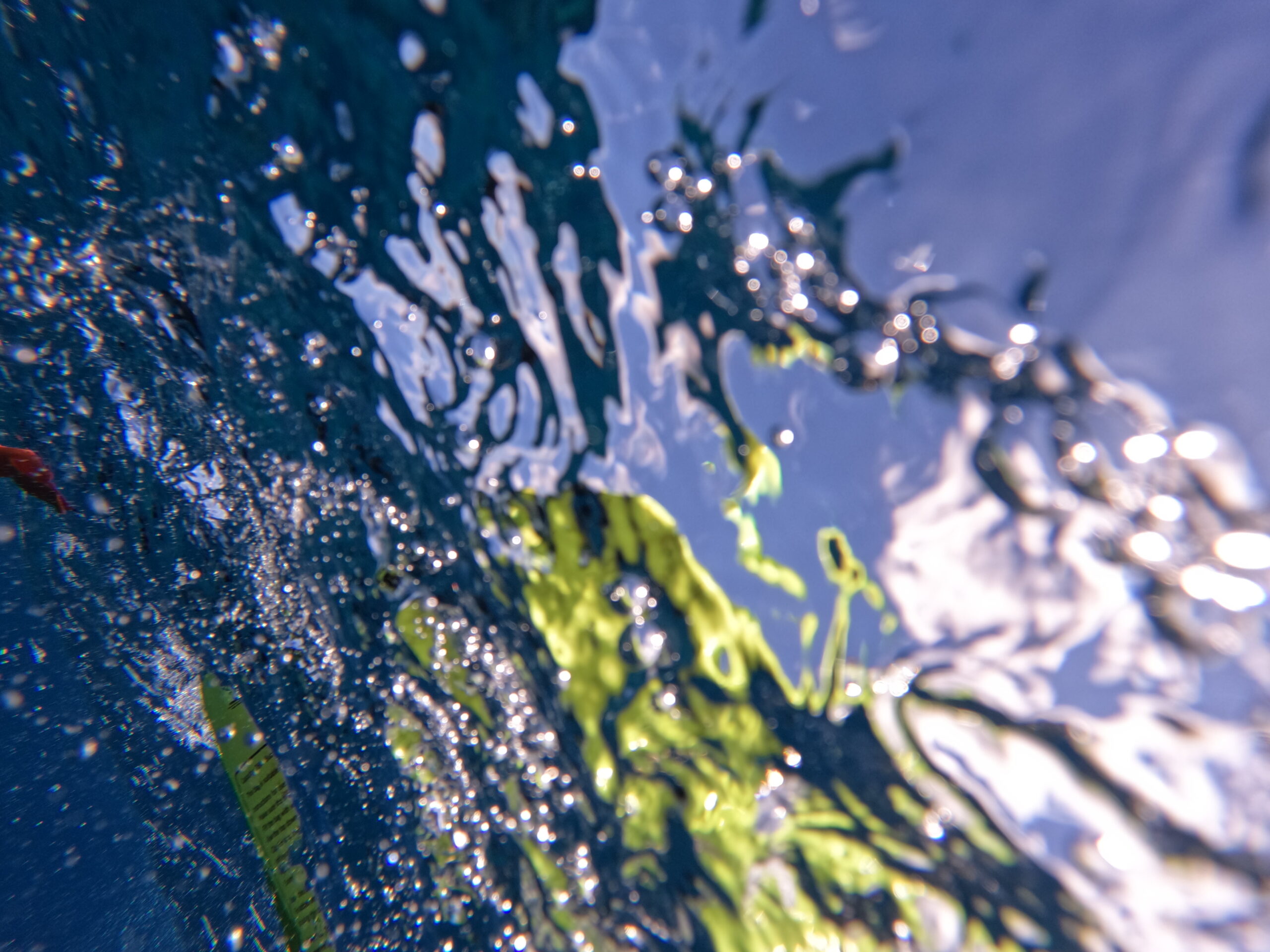 photo Sea-Water Amplification (SWA) Azores, Atlantic Ocean 2024
photo Sea-Water Amplification (SWA) Azores, Atlantic Ocean 2024
Let’s try to develop such epistemological tools through which we will be able to travel far ahead of human presence on Earth.
– Sea-Water Amplification (SWA)
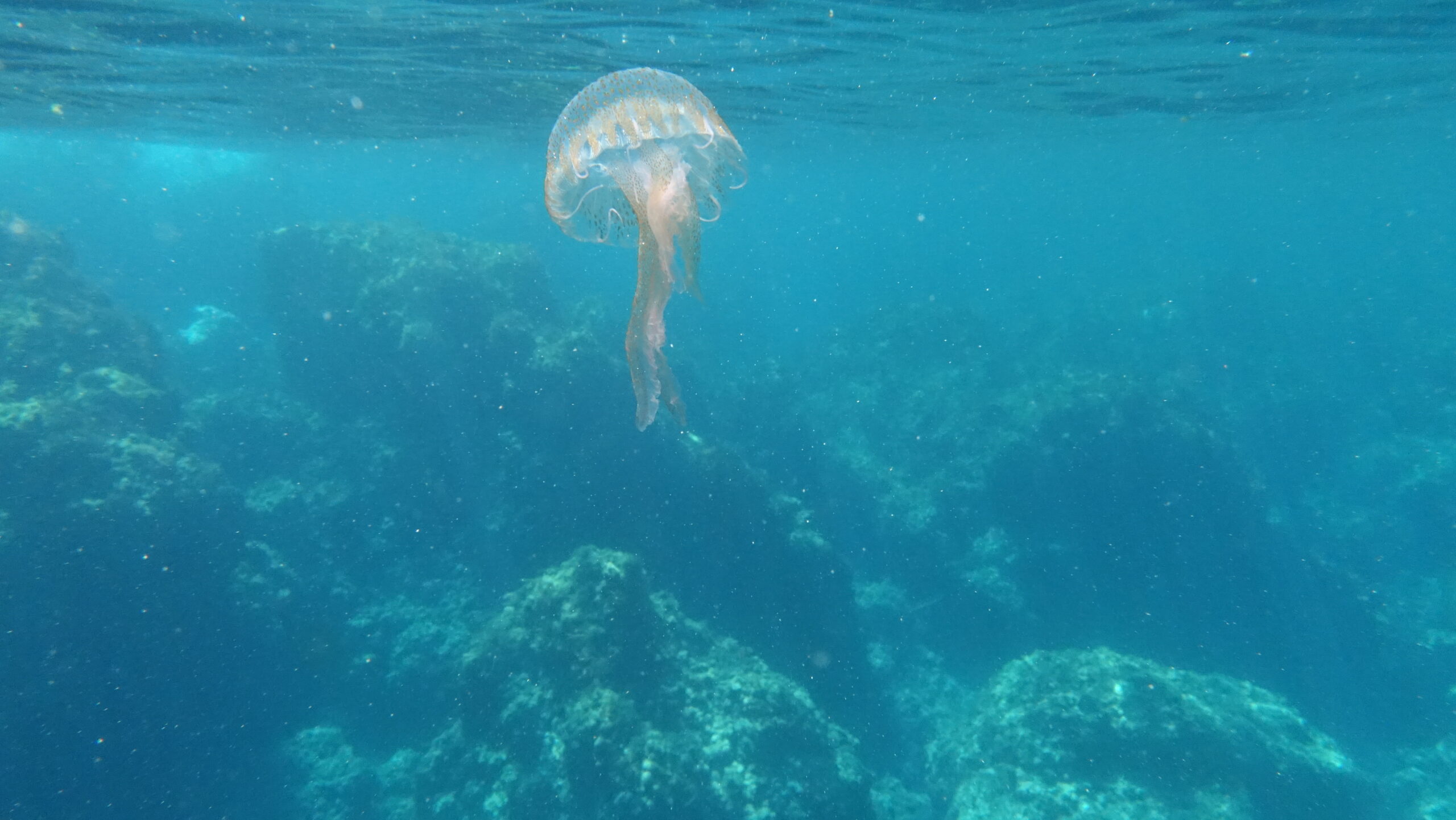 photo Sea-Water Amplification (SWA) Azores, Atlantic Ocean 2024
photo Sea-Water Amplification (SWA) Azores, Atlantic Ocean 2024
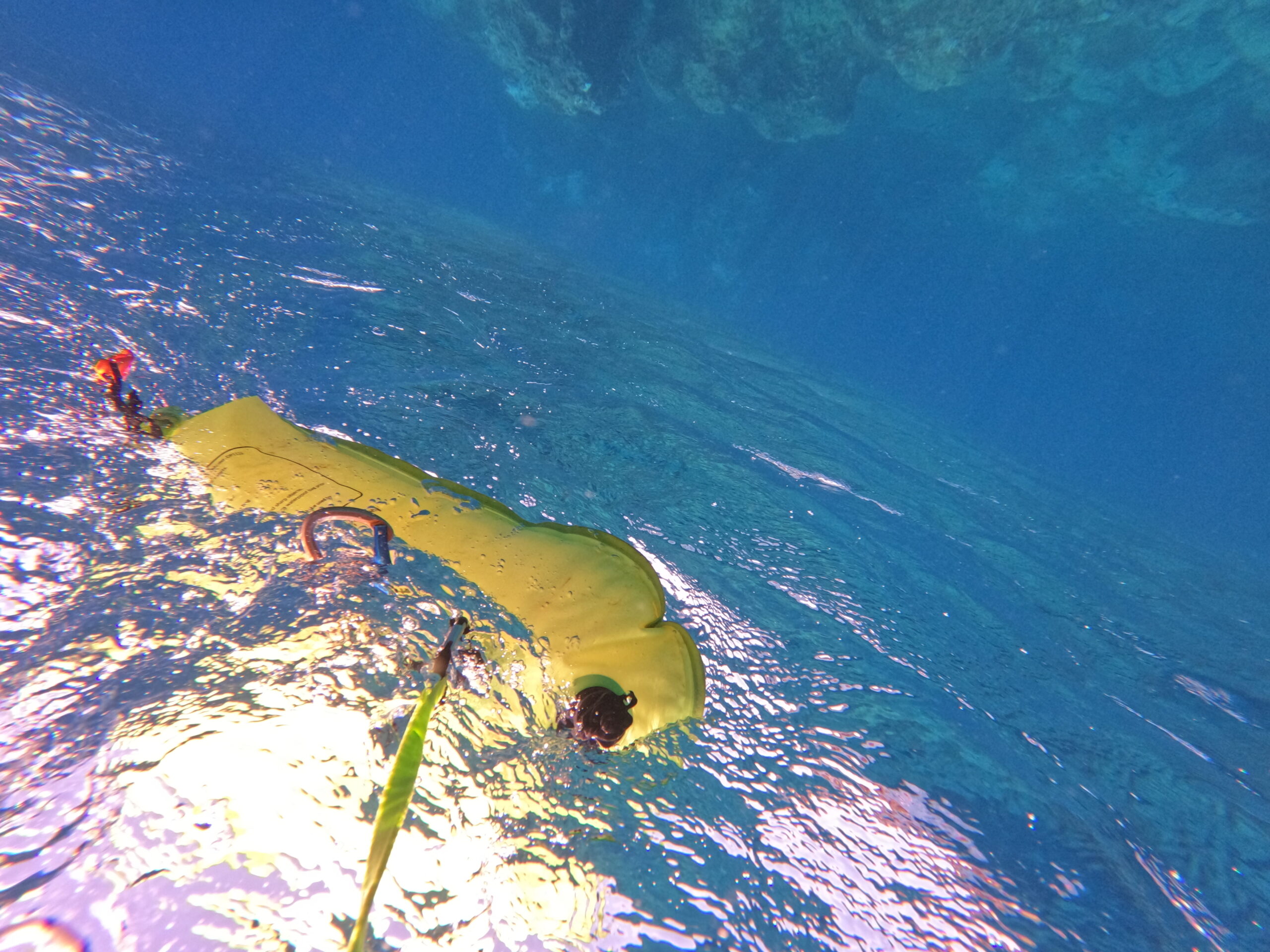 photo Sea-Water Amplification (SWA) Azores, Atlantic Ocean 2024
photo Sea-Water Amplification (SWA) Azores, Atlantic Ocean 2024
It is vital to bear in mind the consequences of any collision with the ocean. From walking on its edges to diving in its depths. Yet, or in the vast majority, sensory descriptions of human experience are usually embedded in more or less human or terrestrial spacetimes. In the case of water worlds, we need to develop more sophisticated methods for creating the sensory contours of fluid spaces.
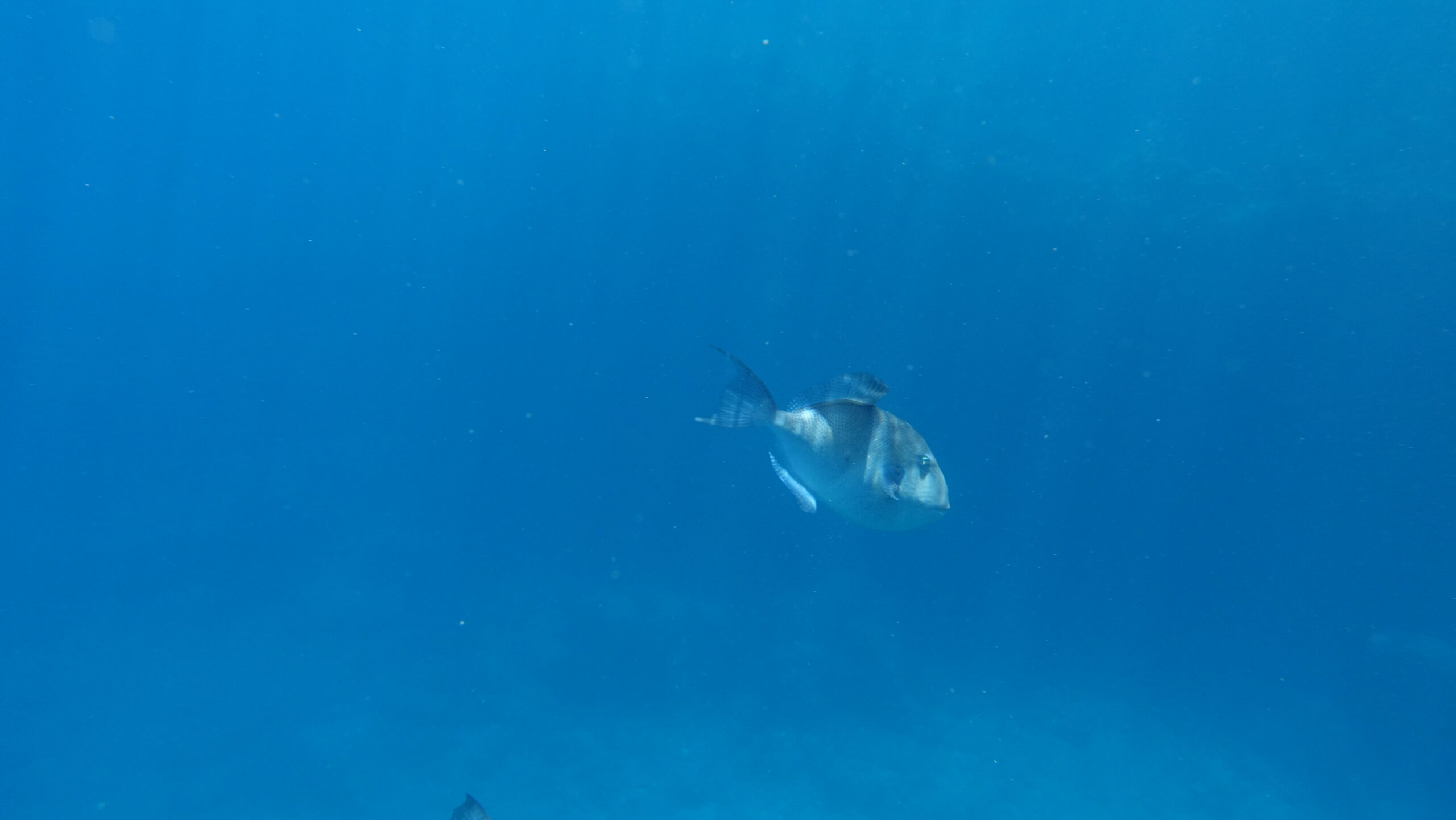 photo Sea-Water Amplification (SWA) Azores, Atlantic Ocean 2024
photo Sea-Water Amplification (SWA) Azores, Atlantic Ocean 2024
Each personal oceanic encounter, which has become the focus of our research interests, encourages it to be articulated and communicated on multiple levels. We often contemplate how bodies move and perceive in fluid spaces. None of the oceanic encounters is without the agency of aquatic and more than human actors and others. Ultimately, immersion in the aquatic environment always leads to a broader interspecies connection.
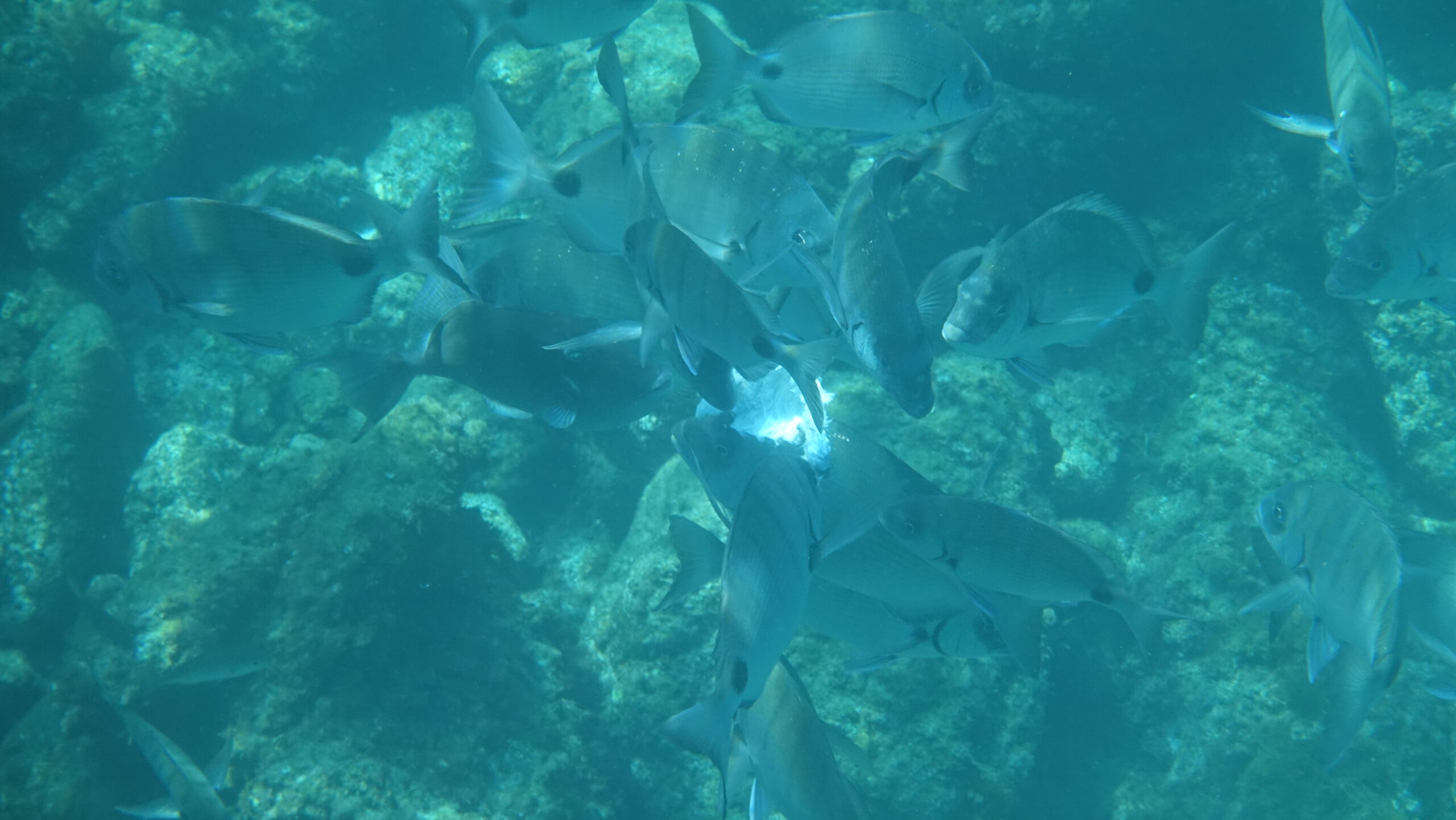
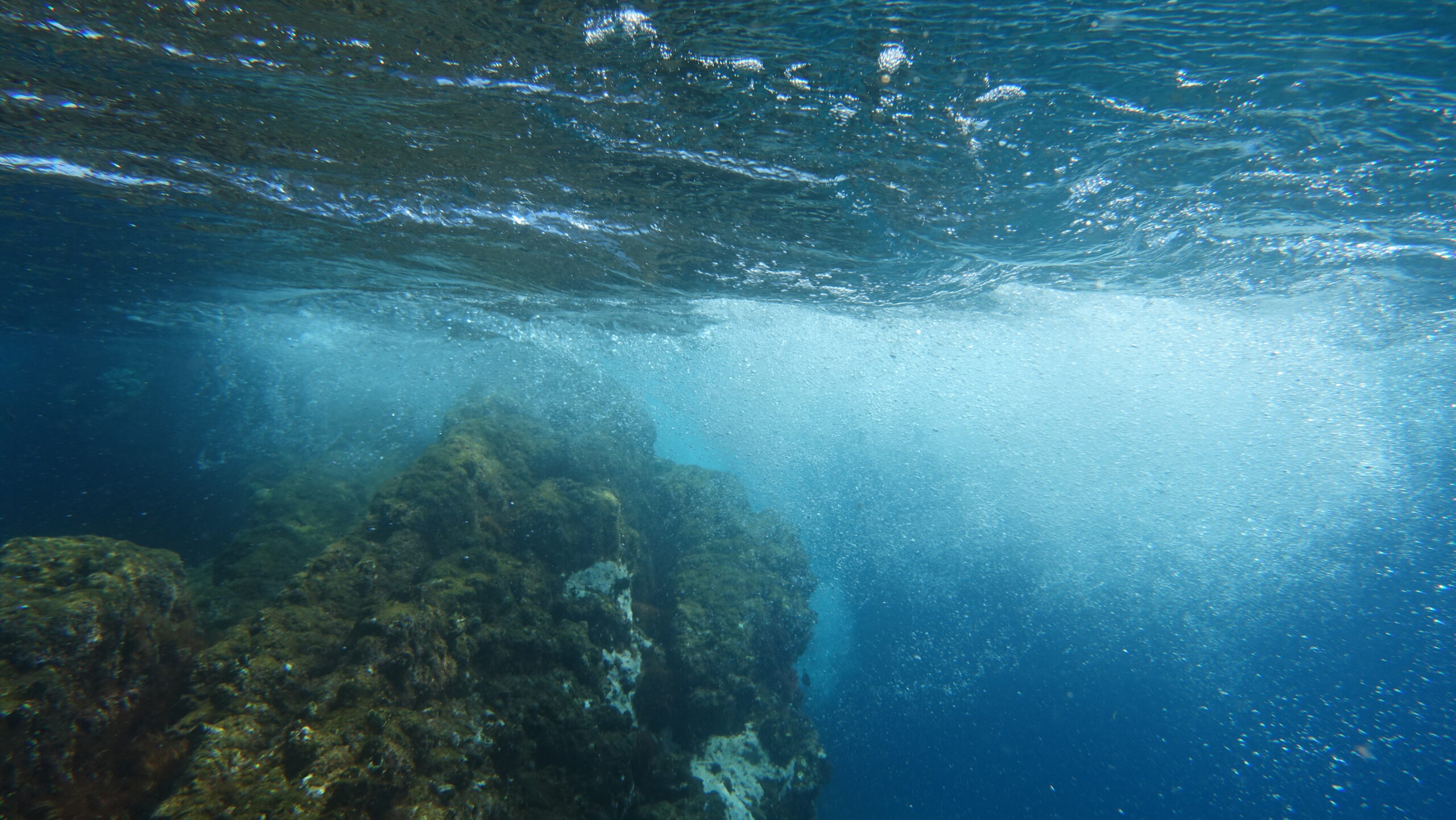 photo Sea-Water Amplification (SWA) Azores, Atlantic Ocean 2024
photo Sea-Water Amplification (SWA) Azores, Atlantic Ocean 2024
The ocean also asks us to tread much more carefully when returning to land. (Journal entry)
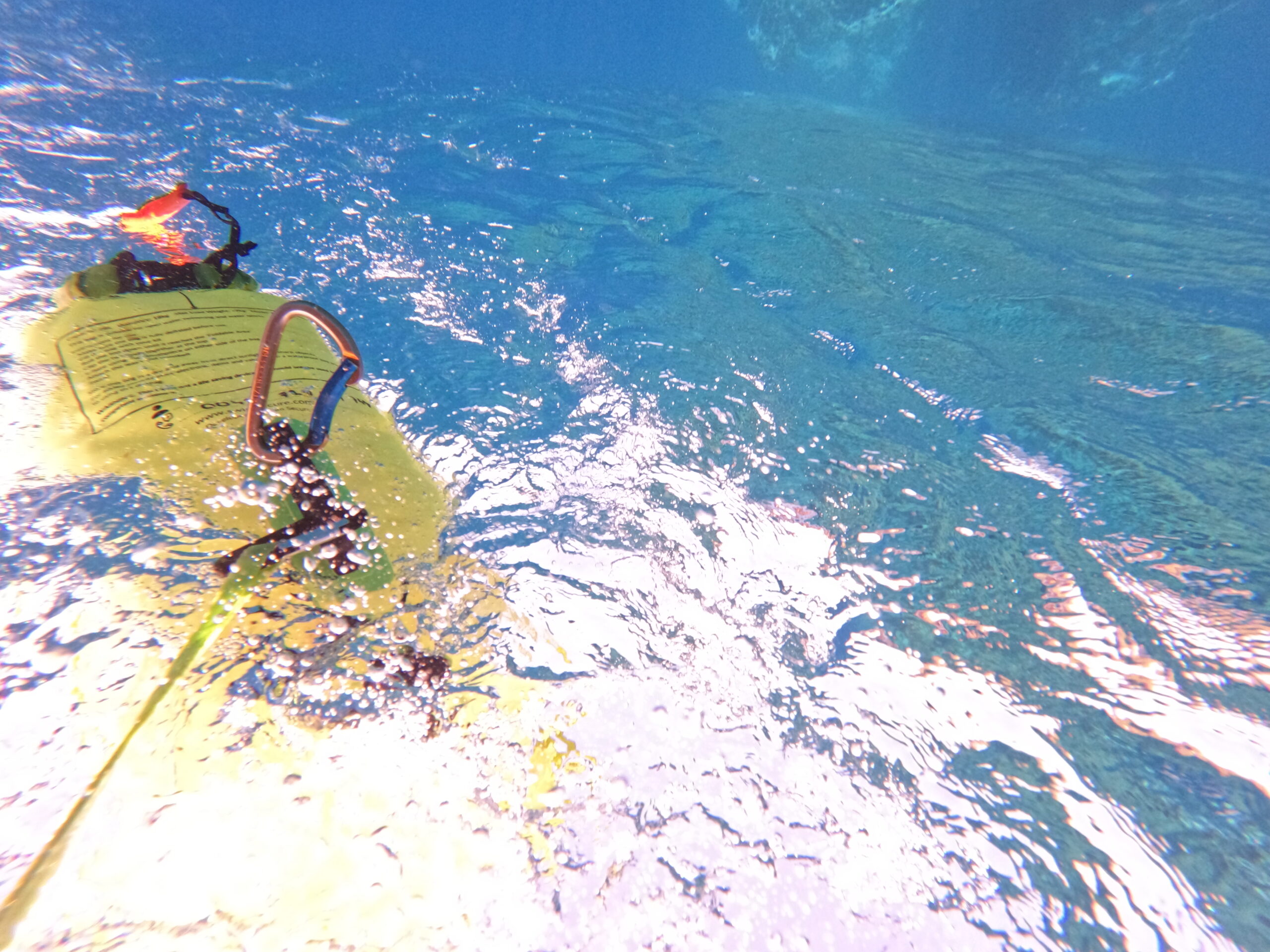 photo Sea-Water Amplification (SWA) Azores, Atlantic Ocean 2024
photo Sea-Water Amplification (SWA) Azores, Atlantic Ocean 2024
A new type of relational and situational experience. Through encounters in the water medium, one can understand how matter affects human experience. It is this engagement that can be instrumental in developing a strong sense of ecological ethics. In this type of encounter, we should be careful not to favor the binary division into solid and liquid. It is necessary to work with relationships that are constantly changing, that are fluid. Wet ontologies can be useful for understanding the politics of our water planet.
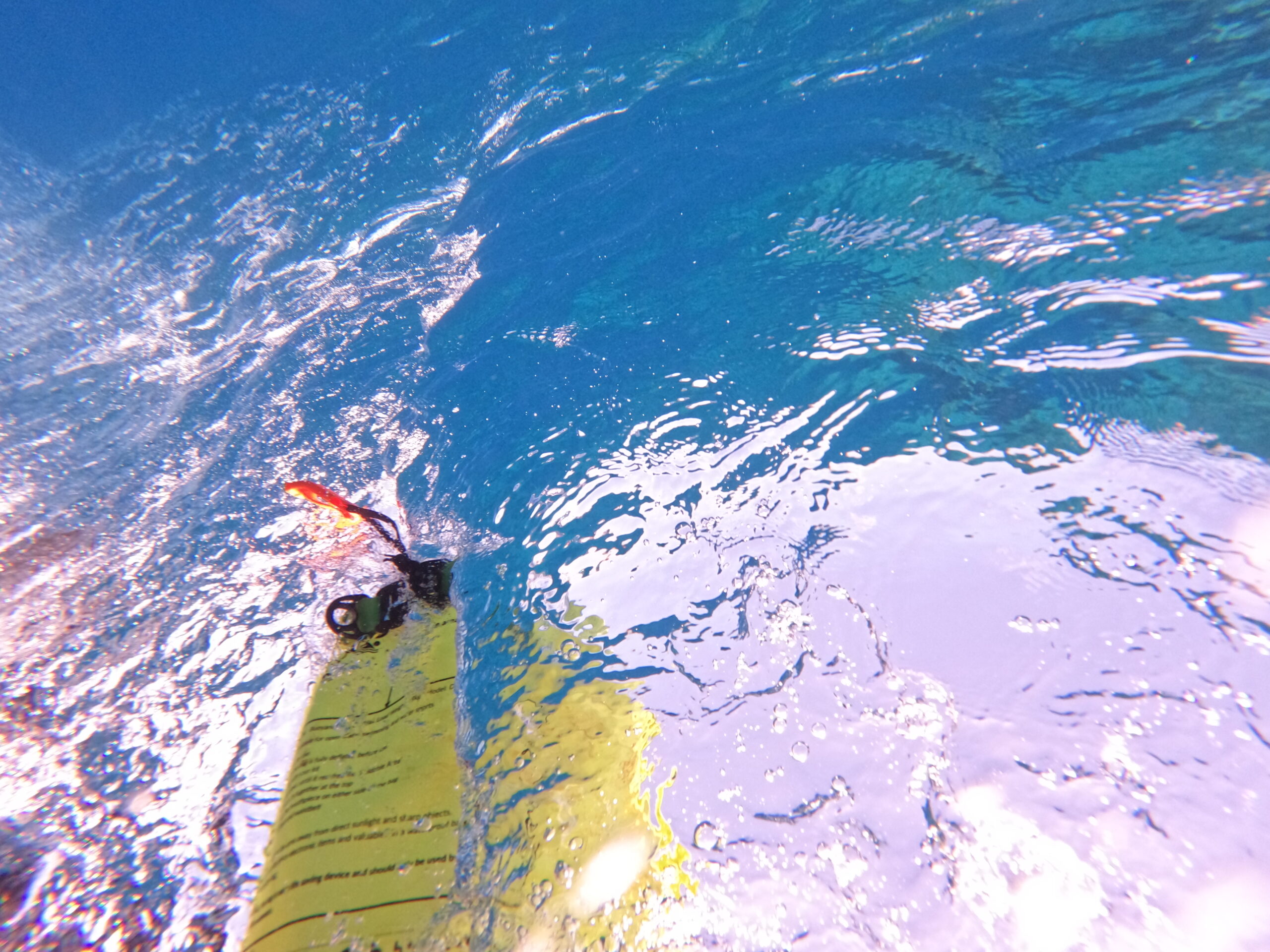 photo Sea-Water Amplification (SWA) Azores, Atlantic Ocean 2024
photo Sea-Water Amplification (SWA) Azores, Atlantic Ocean 2024
How much is the ocean connected to our personal histories? How can this intimate and individual knowledge affect future ocean awareness? We should carefully consider how our own relationships with oceans consolidate knowledge, sensitivity, responsibility and action in relation to oceans. How can the technology I am currently using to learn about us dissolve the boundaries between us humans and the ocean (more-than-human) and its energies? Our relationships with oceans or other marine and aquatic environments can also be extremely problematic because we do not all share a passion for the ocean. Therefore, it is also necessary to assess the complexities of how and in what relationship we live with oceans.
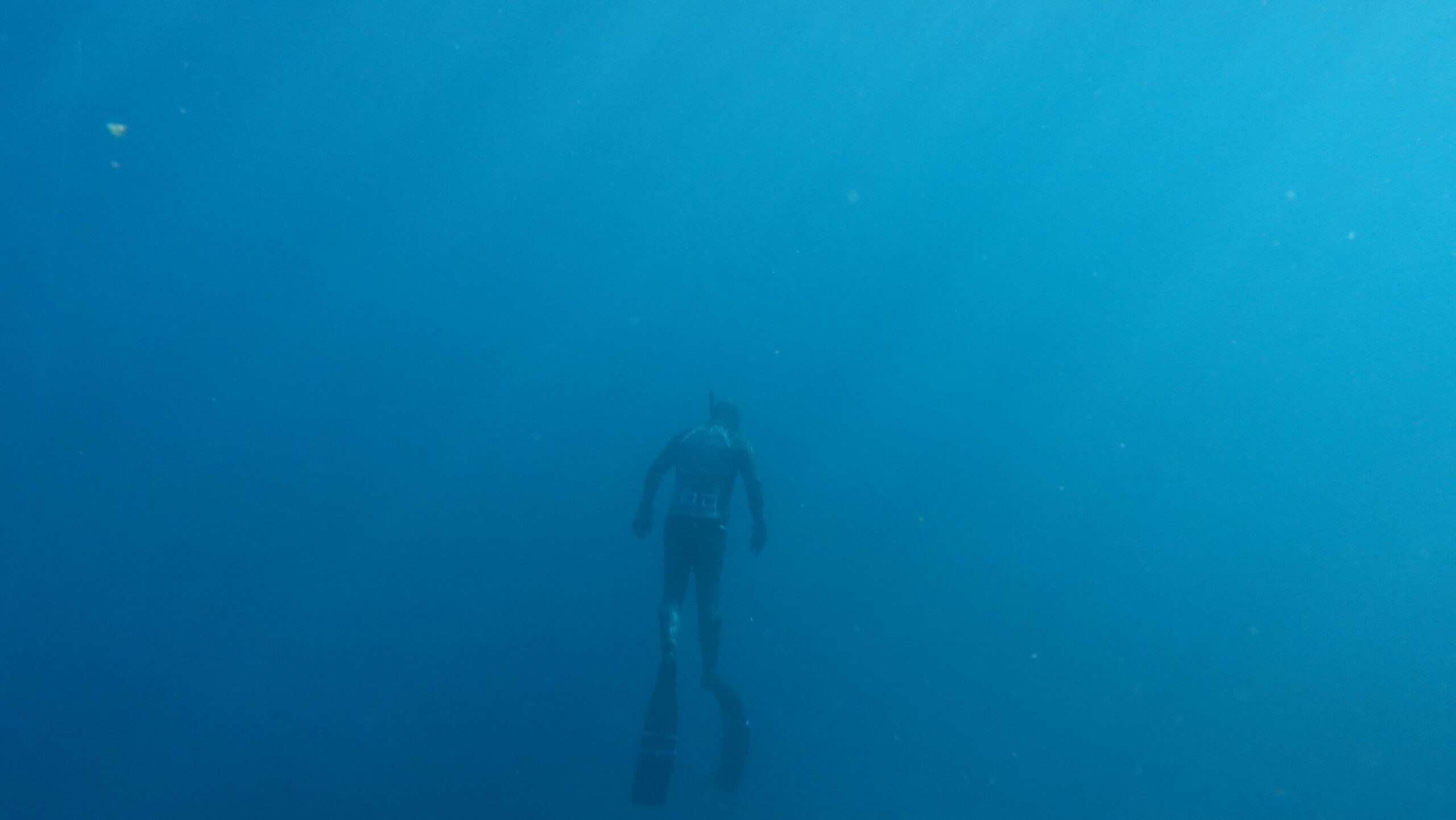 photo Sea-Water Amplification (SWA) Azores, Atlantic Ocean 2024
photo Sea-Water Amplification (SWA) Azores, Atlantic Ocean 2024
“There are no more suitable people in the world to be the guardians of the oceans than those for whom the ocean is home. But we seem to have forgotten that this is the kind of people we are. Our roots, our origins are embedded deep in the ocean. The ocean is our way to ourselves and to everyone else, the ocean is our endless saga, the ocean is our strongest metaphor, the ocean is within us,” writes the Tongan writer and anthropologist Epeli Hau’ofa in his book We Are Ocean. A landscape beyond the visual encompassing both the human and more than the human world. The ocean is experienced as an involvement in the network of senses, elements and materials.
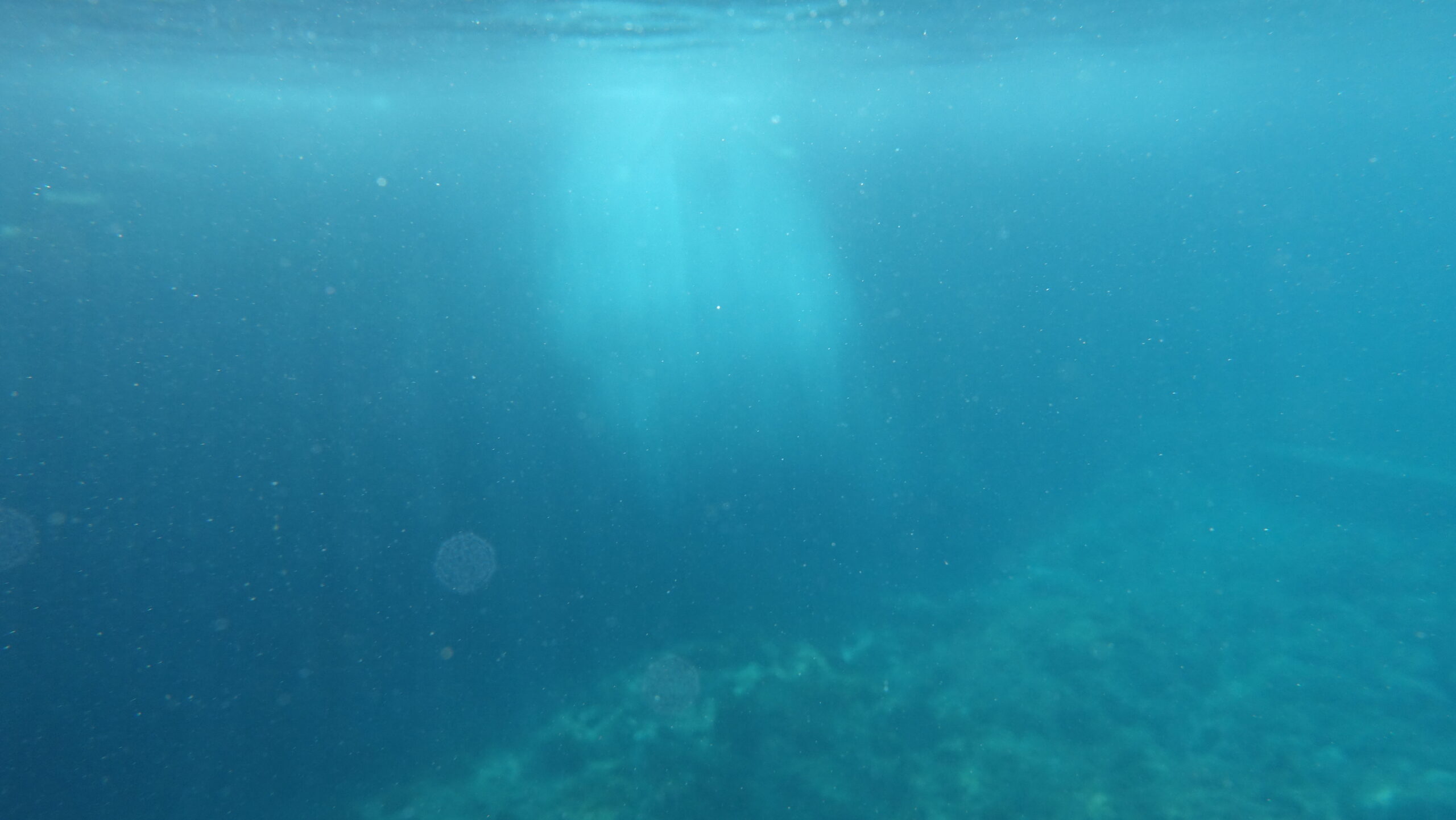 photo Sea-Water Amplification (SWA) Azores, Atlantic Ocean 2024
photo Sea-Water Amplification (SWA) Azores, Atlantic Ocean 2024

